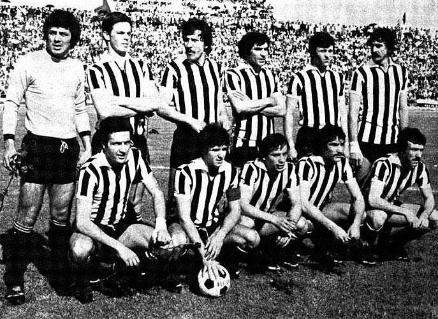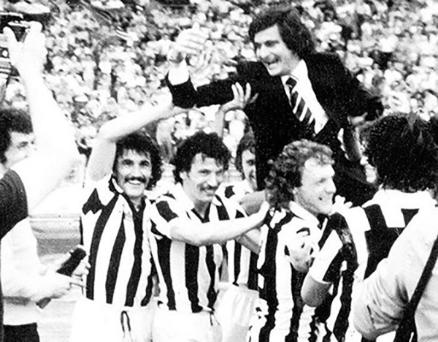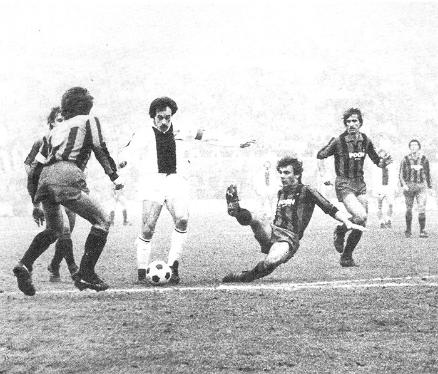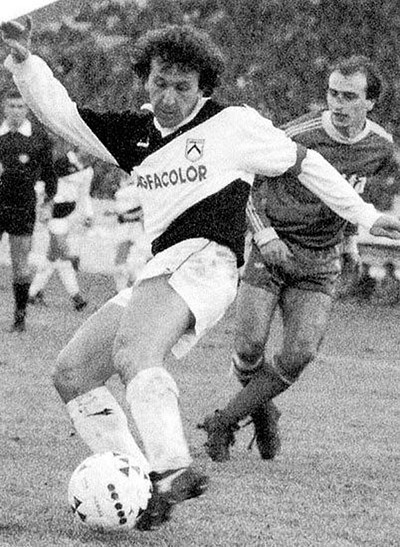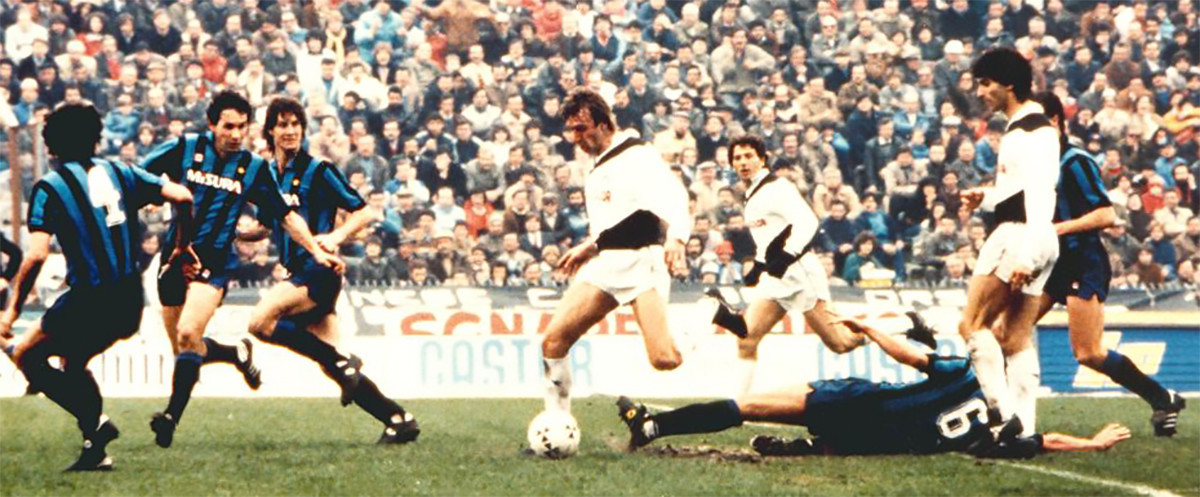Ambition, ferment, money, the club did not seem to lack anything. On 1 June 1983 breaking news came from Brazil: Antunes Coimbra Zico, already a football legend, probably the best player of the time, was about to join Udinese. Federcalcio temporarly stopped the enrollment of Flamengo's ace since, according to them, Udinese could not cover all expenses for Zico.
Friulians could not believe nor stand the decision. In the meantime the club prepared a detailed defence and in the end the CONI board had to recognize Udinese got the right to hire the Brazilian ace. The same thing had happened to Roma when FIGC prevented the team from acquiring Cerezo for financial resons.Zico playing for Udinese meant a crowded Stadio Friuli, meant many more season tickets: an authentic record with 26611 new season tickets.The team made a good start reaching high positions right from the beginning; Zico scored and fascinated. Unfortunately on 8 March 1984 "Galinho", his nickname, got injured during a friendly match to Brescia. The Brazilian star was k.o. for five matches and when he came back he was no longer the same player: the team went down from 3rd to 6th place.
However, the team kept having faith and wanted at least to aim and compete in UEFA. Unfortunately at the very last leg Udinese lost to Milan 2-1 at home. From that moment on a slow but inexorable decline started for bianconeri. The following year Udinese only gained salvation at the very end of the season also because Zico, injured again, could only play few games. The Brazilian champion also had to face justice problems, he was tried and sentences, in May 1984 to 8 months seclusion and was fined 630 million liras. That same evening, only o few hours after the verdict, Zico ran away to Brazil and he would not come back until December 1988 when, thanks to a lodge in appeal at Trieste Court, he was completely aquitted. Udinese's hardships went on: Dal Cin left the team because of his incompatibility with Mazza, and in 1985-86 season the team only managed tro finish in 13th place, with 25 points.
